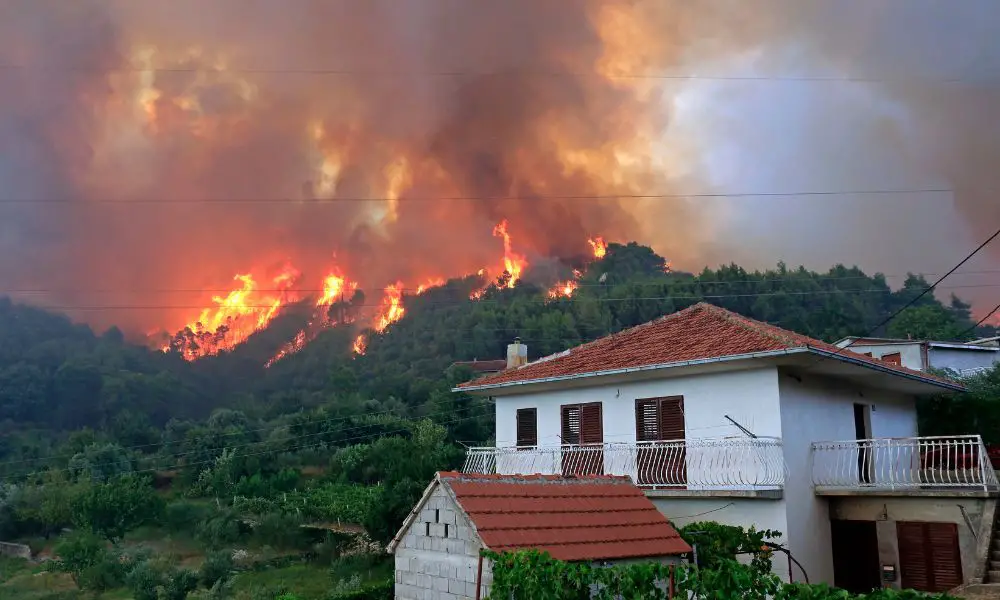

Any natural disaster has a significant impact on communities. The older your home is, the more likely it is that a natural disaster may impact it. Depending on the age of your house, you may need to update the structure to prevent serious damage. Here’s a list of natural hazards that can threaten your home.
Living along the coast and in tropical locations increases the chance of a hurricane threatening your home. Luckily, you can take actionable steps to ensure the impact isn’t as bad. First, begin by preparing yourself. Create an emergency plan, get food and water supplies, and lock the house up before leaving for evacuation.
Whether you stay and wait out the storm out or leave, your home’s interior needs protection. The most important step is upgrading your current window glass to hurricane impact glass—an insulated version that doesn’t shatter.
Wildfires spread fast, and they impact most homes in drier locations, such as the US west coast. Typically, this disaster happens from wind-blown embers. When you start to see smoke from a distance, it’s essential to vacate your home and get as far away as possible.
Most cities that see wildfires more often already have evacuation plans in place, providing emergency response numbers to let officers and paramedics know your location so that they can transport you out of the area. There isn’t a 100 percent way to stop wildfires from destroying a home, but it’s possible to sustain it from damages. Some ways include removing flammable objects around your home or upgrading your roof to nonflammable materials.
If you look at a property listing on any homebuying app, there’s a flood factor score ranging from one to 10. This score predicts how much of a flood risk a house is.
Even if your home is in a flood risk zone, it’s still possible to safely recover from flooding and prevent it in the future. Communities have evacuation plans, and homeowners have a guide showing them how to protect their homes from floods.
Although these natural hazards may have you in a bind on how to protect your home, you are not at a loss. Far from it, really. It’s possible to recover from these disasters, and you can protect your home from most of them. Stay aware of these natural disasters threatening your home, and plan your emergency plan carefully to protect yourself and your family from a natural disaster.
American families are once again juggling the seasonal custom—and financial burden—of back-to-school shopping as the…
Want to bond over unexpected activities? Look at these unconventional ways to connect with your…
Burnout isn’t just something that happens to CEOs. For moms homeschooling littles, it’s a very…
When it comes to long-distance motorcycling, comfort, reliability, and smart engineering can make or break…
Flowers have seen significant transformation over time; online flower shopping is increasingly common now for…
Learn essential first-time landlord tips for success, from tenant screening to property maintenance. These strategies…